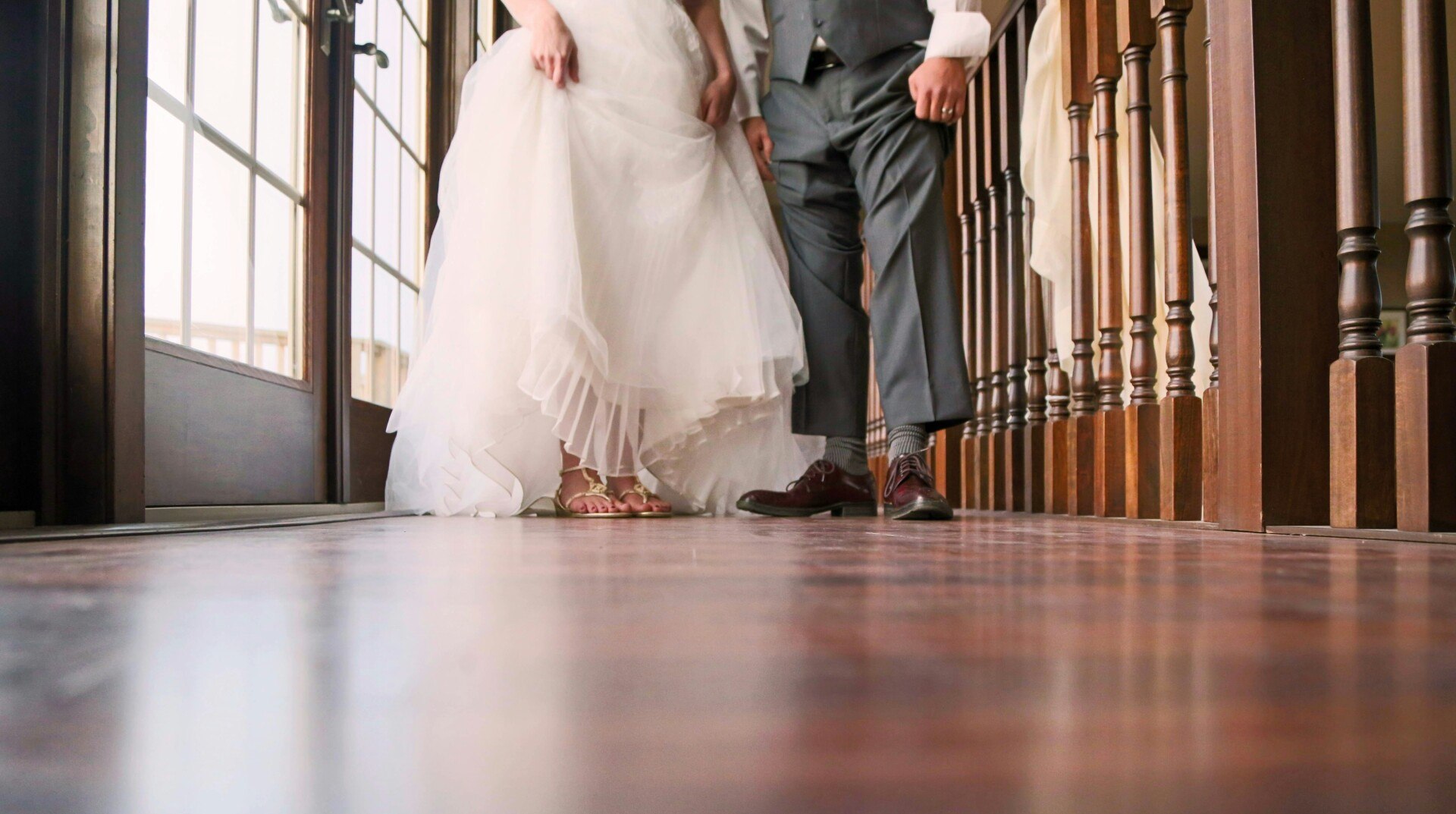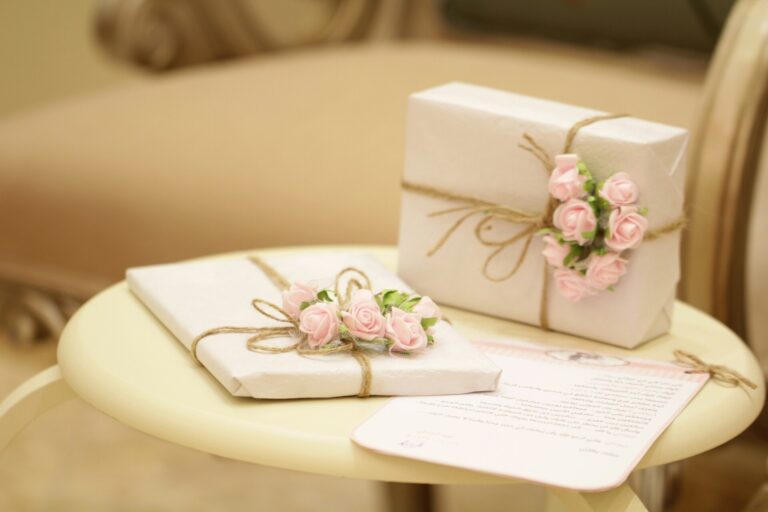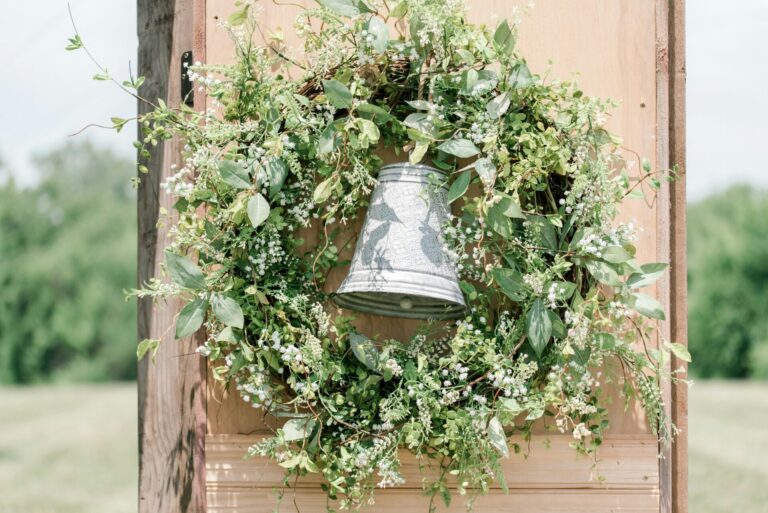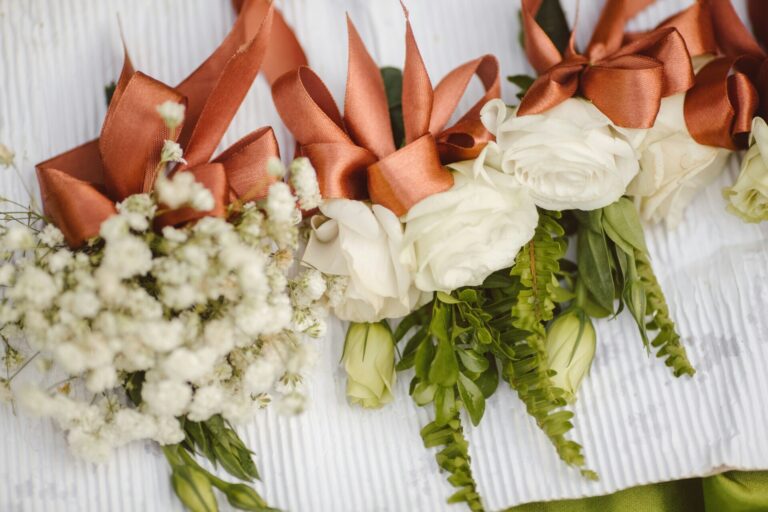Wedding is an exciting journey filled with joy, anticipation, and a few challenges along the way. As a groom, you play a crucial role in making your big day memorable and seamless. Whether you’re planning a traditional ceremony or a modern celebration, understanding your responsibilities and preparing effectively can make all the difference. From selecting the perfect attire to coordinating with your Eastern European bride, here are the top things every groom should know before the big day.
Essential Groom Tips for a Smooth Wedding Day
Being prepared is key to enjoying your wedding day. Start by creating a groom checklist to ensure you cover all the important details. Begin with selecting your wedding attire. Choose a suit or tuxedo that complements your style and the overall theme of the wedding. Don’t forget to arrange fittings well in advance to allow time for any adjustments. It’s also important to coordinate with your Eastern European bride on color schemes and styles to ensure you both look cohesive.
Next, focus on the logistics. Discuss with your partner about the venue, whether it’s a grand ballroom or an intimate garden setting. Understanding the layout and flow of the event will help you feel more comfortable and confident. Additionally, communicate with your groomsmen about their roles and responsibilities. Assign tasks such as managing the rings, helping with decorations, or assisting with guest arrangements to ensure everything runs smoothly.
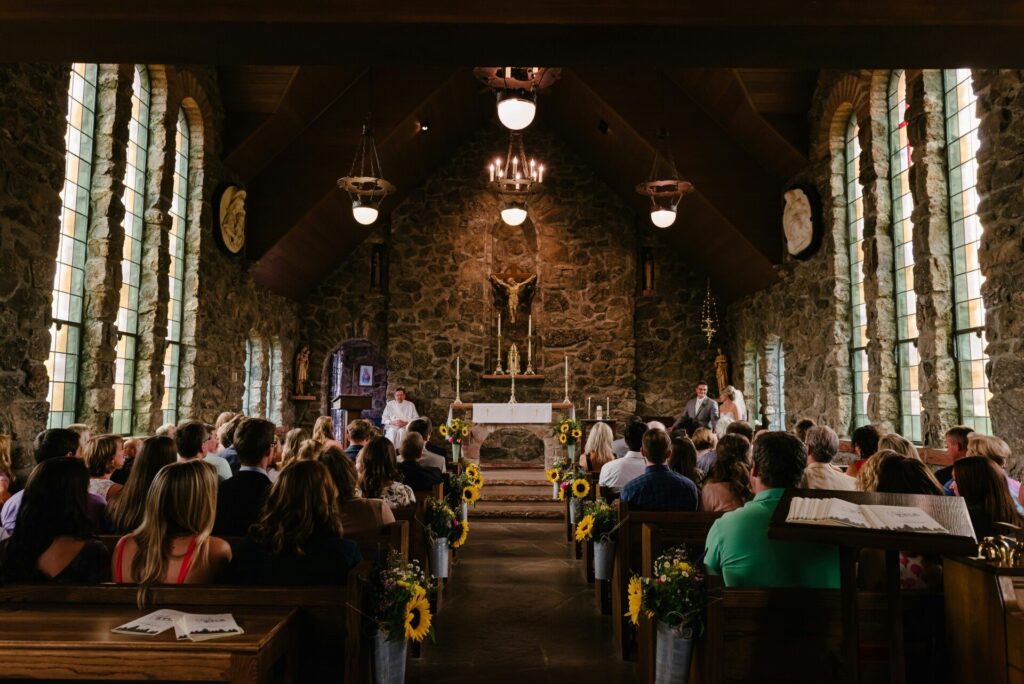
Another crucial aspect is managing your time on the big day. Create a timeline that outlines each event, from the ceremony to the reception. Share this schedule with your wedding planner or coordinator to keep everyone on the same page. Remember to allocate some time for relaxation and personal moments with your bride. This balance will help you stay calm and present, making your wedding day truly special.
Wedding Advice for Groom: Communication is Key
Open and honest communication with your partner is essential throughout the wedding planning process. Take the time to discuss your expectations, preferences, and any concerns you might have. This ensures that both of you are aligned and can make decisions together. When planning with an Eastern European bride, understanding cultural nuances and traditions can enhance your relationship and wedding experience.
Respect each other’s opinions and find compromises when necessary. For example, if she prefers a traditional ceremony with specific rituals, find ways to incorporate your ideas as well. This collaborative approach fosters mutual respect and strengthens your bond. Additionally, keep the lines of communication open with your families, especially if there are different cultural backgrounds involved. Being considerate of everyone’s input can lead to a more harmonious celebration.
Don’t hesitate to seek advice from other grooms who have recently been married. They can offer valuable insights and tips based on their experiences. Joining online forums or attending pre-wedding workshops can also provide support and inspiration. Sharing your thoughts and listening to others can help you navigate any challenges that arise, ensuring a positive and memorable wedding journey.
Groom Checklist: What Grooms Need to Know
A comprehensive groom checklist is your roadmap to a stress-free wedding. Start by setting a budget and allocating funds to different aspects such as attire, venue, catering, and entertainment. Tracking your expenses helps prevent overspending and ensures that you stay within your financial limits. Collaborate with your partner to prioritize what’s most important to both of you.
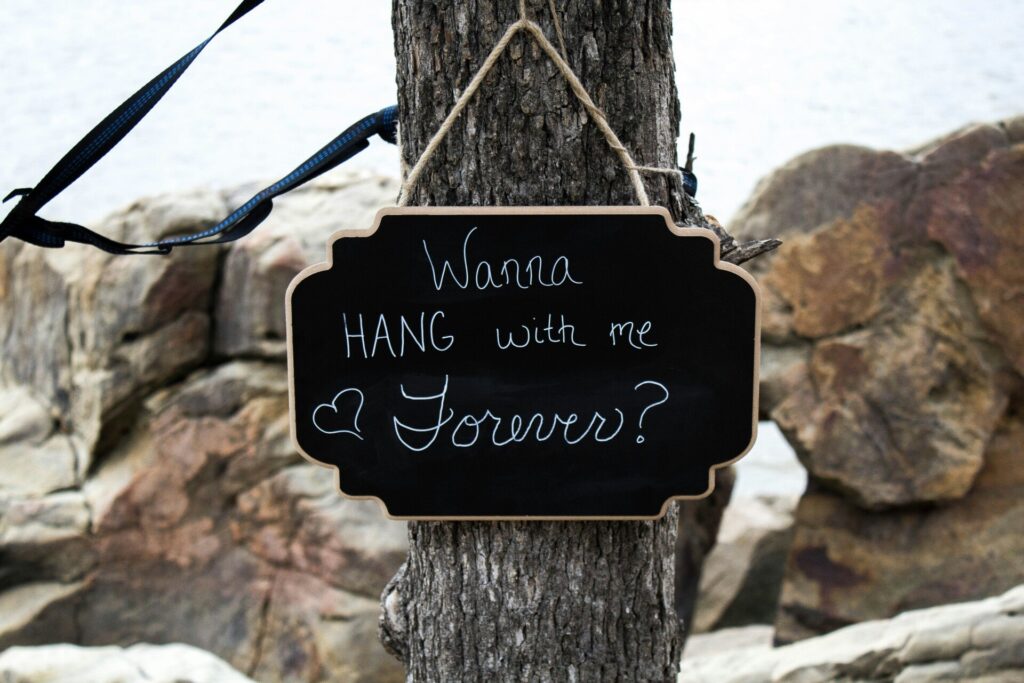
Next, handle the legal requirements. Ensure that all necessary documents, such as marriage licenses and certificates, are prepared in advance. If you’re marrying an Eastern European bride, be aware of any additional legalities or paperwork that might be required. Consulting with a legal expert can provide clarity and prevent any last-minute issues.
Organize transportation for yourself and your guests. Whether it’s arranging for a classic car, limousines, or shuttles, transportation plays a significant role in the overall experience. Confirm all bookings well ahead of time and have contingency plans in place in case of unexpected delays or changes.
Don’t forget about the small details. Prepare your vows, select meaningful songs, and choose personal touches that reflect your relationship. These elements add depth and emotion to your ceremony, making it uniquely yours. By following a detailed groom checklist, you can ensure that every aspect of your wedding is thoughtfully planned and executed.
Groom Preparation Guide: Stay Organized and Relaxed
Staying organized is essential for a stress-free wedding experience. Use tools like planners, apps, or spreadsheets to keep track of appointments, deadlines, and tasks. Assign specific responsibilities to yourself and your groomsmen to ensure that everything is handled efficiently. Regularly review your progress and adjust your plans as needed to stay on track. In addition to organization, prioritize self-care leading up to the wedding. Maintain a healthy diet, exercise regularly, and get enough sleep to stay energized and focused. Taking care of your physical and mental well-being will help you handle any challenges that arise with ease and grace.
Prepare for the big day by attending pre-wedding workshops or seminars. These sessions can provide valuable insights on managing wedding day nerves, handling unexpected situations, and enhancing your overall experience. Being well-prepared allows you to enjoy the moment and create lasting memories with your bride and loved ones. Delegate tasks when necessary. Trusting your partner, family, and friends to handle certain aspects of the wedding reduces your workload and allows you to focus on what truly matters – celebrating your love and commitment. A balanced approach to wedding planning ensures that you stay calm, collected, and fully present on your special day.
On your wedding day, it’s natural to feel a mix of excitement and nerves. Implementing some practical tips can help you stay calm and fully enjoy the experience. Start your day with a healthy breakfast and take a few moments for deep breathing or meditation to center yourself. This practice can help reduce anxiety and set a positive tone for the day.Stay hydrated and avoid excessive caffeine or alcohol, which can heighten nerves. Instead, opt for water and light, healthy snacks to keep your energy levels stable. Wearing comfortable shoes and ensuring your attire is well-fitted will also contribute to your overall comfort and confidence throughout the day.
Delegate responsibilities to trusted friends or family members. Assign someone to manage the timeline, handle any issues that arise, and ensure everything runs smoothly. This delegation allows you to stay relaxed and focus on the important moments without getting bogged down by logistics.Take time to connect with your bride. Share a private moment together before the ceremony to express your love and excitement. This intimate gesture reinforces your bond and sets a heartfelt tone for the celebration ahead. Remember, the wedding day is a celebration of your love, so embrace the joy and cherish every moment.

Groom Wedding Responsibilities: Beyond the Basics
While the bride often gets a lot of attention during wedding planning, the groom has important responsibilities that contribute to the overall success of the day. One key duty is managing the groomsmen. Ensure they are informed about their roles, responsibilities, and schedules. Providing clear instructions and maintaining open communication helps your groomsmen support you effectively.
Another significant responsibility is handling the rings. Safeguard these precious symbols of your commitment and ensure they are readily available during the ceremony. Consider assigning someone reliable to assist you with this task, allowing you to focus on the moment without distractions.
Additionally, the groom often plays a role in choosing important elements like the music, readings, and toasts. Collaborate with your bride to select songs that resonate with both of you and reflect your relationship. Preparing heartfelt toasts or speeches adds a personal touch and engages your guests, making the celebration more meaningful.
Finally, the groom is often responsible for ensuring that guests are comfortable and enjoying themselves. Greet guests warmly, assist with any special needs, and help create a welcoming atmosphere. Your active participation and attentiveness contribute to a positive and memorable experience for everyone involved.
Groom Checklist Overview
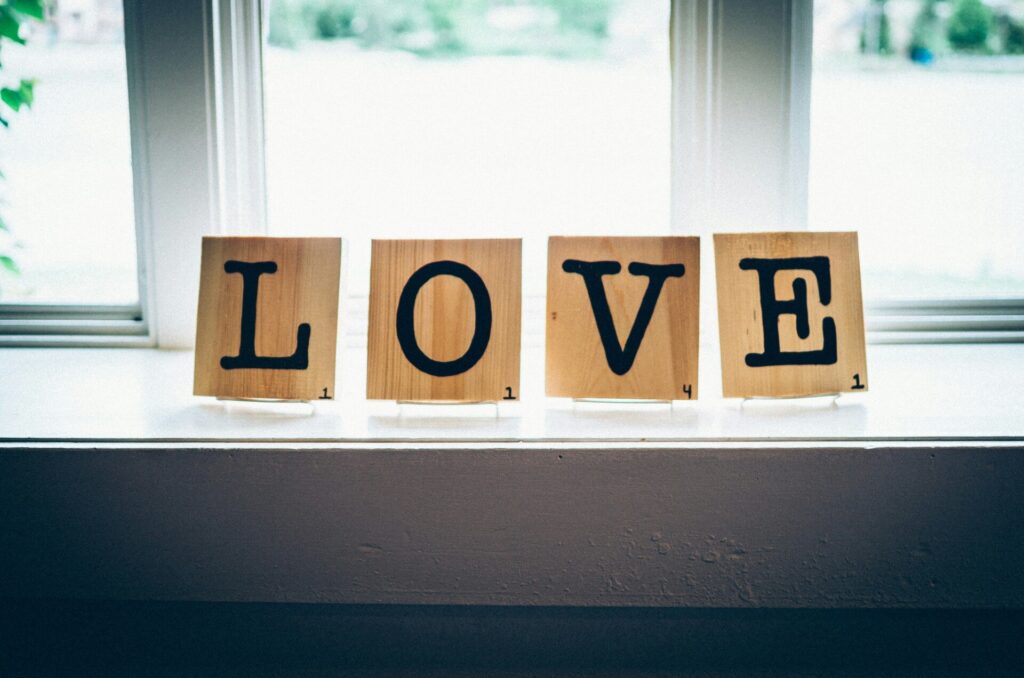
| Task | Description | Deadline |
|---|---|---|
| Select Attire | Choose suit or tuxedo and arrange fittings | 6 months before |
| Create Timeline | Outline schedule for the wedding day | 3 months before |
| Coordinate with Groomsmen | Assign roles and responsibilities | 4 months before |
| Handle Legal Requirements | Prepare marriage licenses and necessary documents | 2 months before |
| Plan Transportation | Arrange transportation for yourself and guests | 3 months before |
| Prepare Vows | Write and practice your wedding vows | 1 month before |
Eastern European Wives: Honoring Heritage and Building a Future Together
Marrying an Eastern European wife brings together two distinct cultures, creating a rich and diverse partnership. Embracing her heritage and blending it with your own traditions can lead to a harmonious and fulfilling marriage. Understanding the values and customs that are important to her family can help you navigate cultural differences with grace and respect.
Eastern European families often place a strong emphasis on family bonds and traditions. Showing appreciation for these values by participating in family gatherings, respecting elders, and preserving cultural practices fosters a deeper connection and mutual respect. Learning about her cultural background and sharing your own can enhance your relationship and create a balanced, united family unit.
Communication plays a vital role in bridging cultural gaps. Take the time to discuss your cultural backgrounds, traditions, and future expectations. This ongoing dialogue ensures that both partners feel understood and valued, paving the way for a strong and resilient partnership.
Finally, celebrate the unique aspects of your combined cultures. Incorporate traditional Eastern European elements into your wedding, such as specific music, dances, or ceremonial practices. These thoughtful touches honor her heritage and add a meaningful dimension to your celebration, making your wedding day truly special and reflective of your unified future together.
